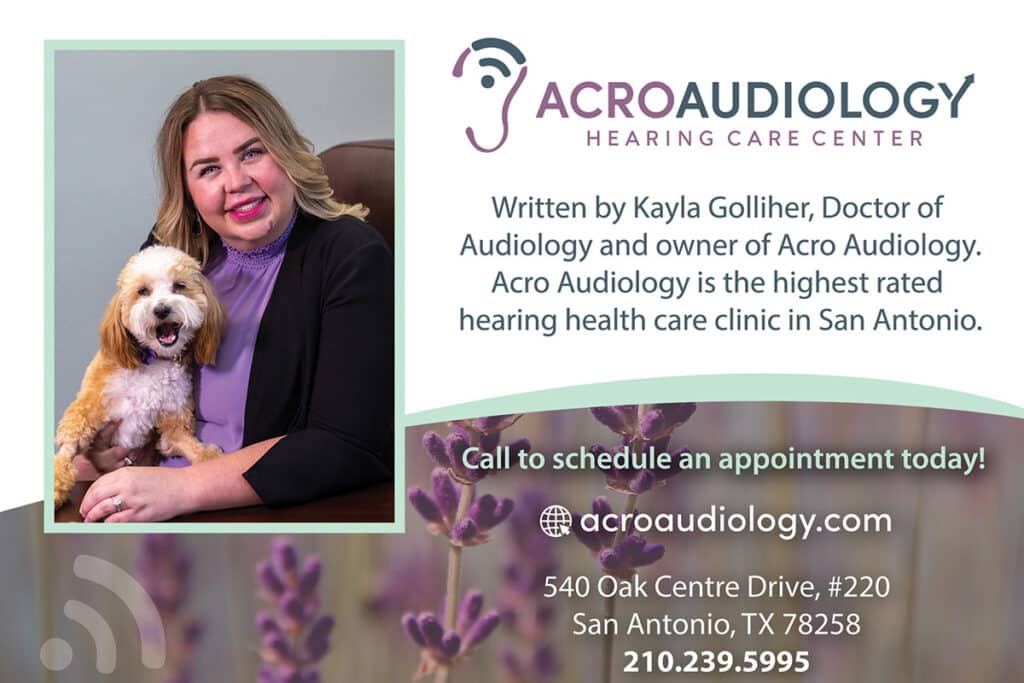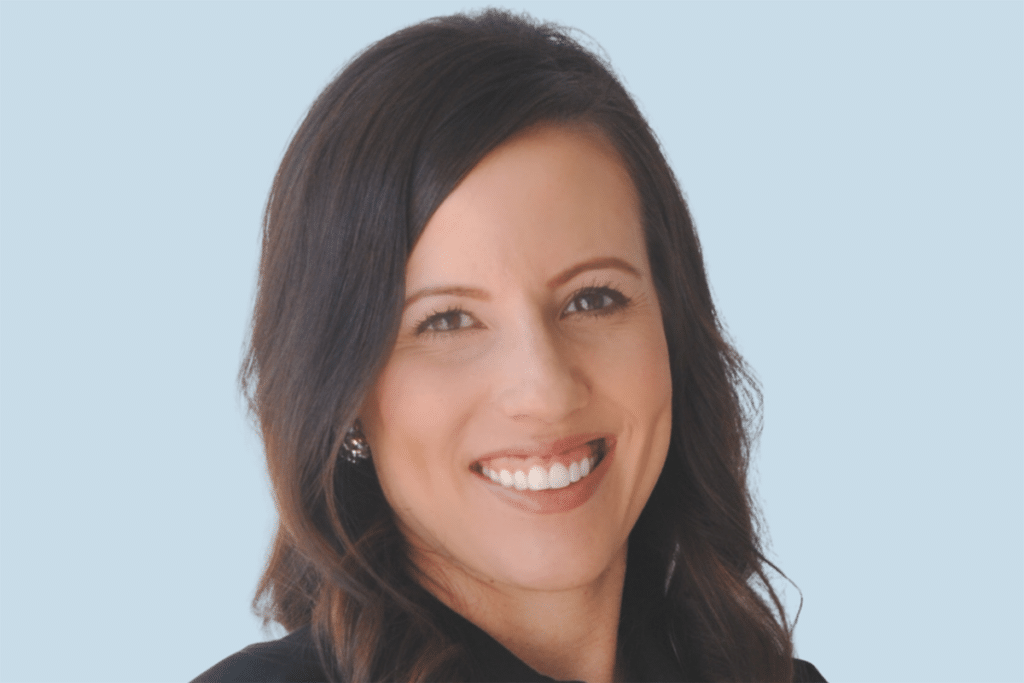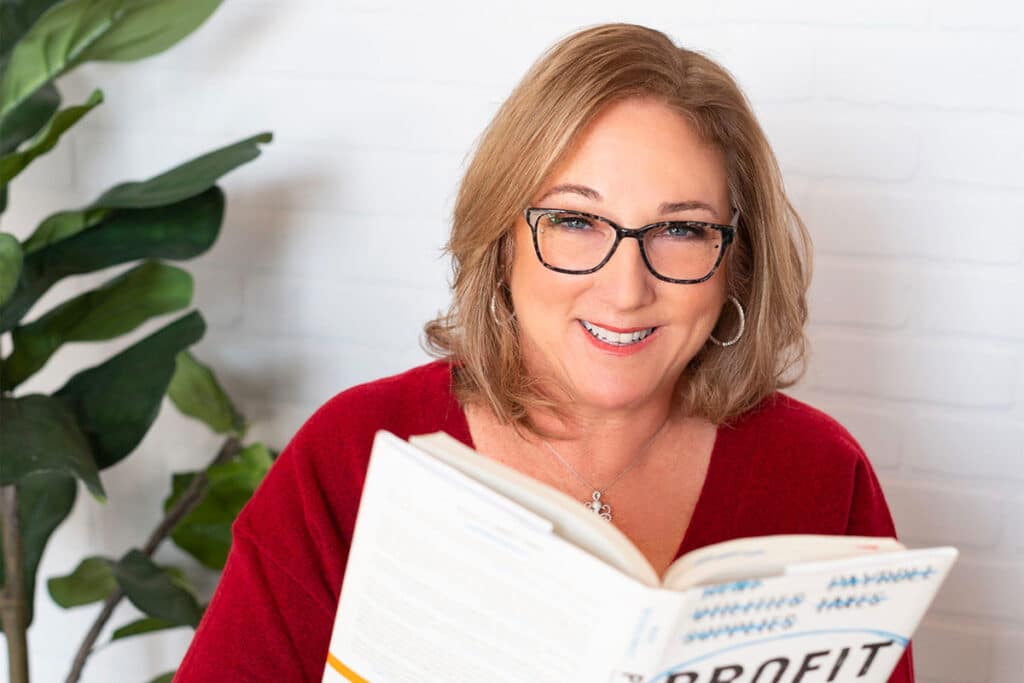There are so many negative influences in our lives. And we magnify those messages in our minds. But it just takes one positive voice, and the limits come off. Suddenly, the things we never thought we could do become possible.”
The words of Amber Alonso, soon to be the youngest board chair for Goodwill Industries of San Antonio, echo of the reality of life. “;It’s that word of encouragement — the human relation of caring that people have with each other that ends the inertia. It may be someone whose name we don’t even remember, yet their help changes our lives dramatically,” she explains.
Alonso speaks eloquently to the experiences of the thousands Goodwill helps each year: ”;We start with people who want to change themselves. Then we provide them the resources and encouragement to help them reach their dreams.”
This is a long way from the common belief that Goodwill helps “;poor people.” Just think about the last time you cleaned house and took a box of household goods and clothes to a Goodwill drop-off center. Chances are you thought Goodwill took those items and gave them away to those in need. Or perhaps you knew Goodwill sold the items, but figured they sold them at heavily discounted prices to individuals who otherwise would not be able to afford such items.
In reality, your kids’ outgrown clothes and that old set of dishes began a domino effect that ended up putting individuals to work, equipping them with the skills for a lifetime and helping them become economic contributors to our community. Patricia Gonzales is a perfect example of what happens as a result of your donation of cast-offs.
In 1996, she left her husband of nearly seven years. It was a huge and frightening step to take. “;Although I had been supporting the family with my work, I had heard so many negative messages that I wasn’t sure I could make it on my own,” she says. “;I never thought I’d be able to succeed. I thought I’d never be smart enough. I thought no one would want me, a single mother of three.”
She moved her kids into an apartment and started working in a string of dead-end jobs. When the hours on her last job dwindled down to nothing, she found herself out of work, unable to pay for her apartment and very short on hope.
Together, the family of four moved into a cramped room in her mother’s two-bedroom house, and Patricia went on welfare for nearly a year. Strapped for cash, she remembers her family offering to help pay for groceries or a hamburger at a fast-food joint. She recalls writing notes to her children’s teachers when she couldn’t afford to buy supplies for school projects or pay for an upcoming field trip. “;It was the worst time of my life,” Patricia says.
She’d look for work, but “;I didn’t know how to fill out an application, and I couldn’t pass the tests” — until the Texas Workforce Commission referred her to Goodwill.
There, Patricia started taking classes as part of the agency’s job readiness training. Lessons included everything from how to dress professionally to successfully handling an interview. “;They made classes so much fun. I loved it because I was learning things I never knew before,” she says.
After successfully completing the courses, Patricia moved into transitional, hands-on training at a Goodwill Job Help Center. It was, she says, a dream job. “;I always wanted to work in an office,” she says.”;But I couldn’t even turn on a computer when I started.” Goodwill taught her not only how to turn it on, but how to do word processing and database entry. She was so successful at her transitional job, Goodwill hired her permanently as full-time staff at its Job Help Center on Highway 281, where you will now find her, sitting in a wood-paneled office, the computer clicking and the phone ringing.
“;I love helping other people find jobs because I was once in that position,” she says. “;I help them look for job leads and conduct computer job searches. Imagine that — I am teaching other people how to use the computer!” she says. “;I try to make them feel welcome and draw on my own experiences to encourage them in their own job search.”
The world looks a lot brighter now for Patricia. She has a car, thanks to a down-payment assistance program offered through Goodwill, a new computer at home with help from a Goodwill interest-free loan and a three-bedroom apartment for her and her kids.
“;I feel smart. It’s a real gift,” she explains. She found so much encouragement at Goodwill, she has gone back to community college to study business. “;I’ve climbed the ladder this far,” she says. ”;I might as well go all the way.”
It is not an unusual story, says Alonso. “;We give people the tools to find their own success. Our programs focus on empowering and educating. Goodwill is so much more than simple economic assistance,” she points out.Last year, more than 18,280 people sought help through local Goodwill Job Help Centers. Most simply needed help searching for work. Others required more intensive case management, job placement and follow-up.
“;Our Job Help Centers operate much like a home office,” says Bob Dugas, Goodwill of San Antonio’s president and chief executive officer. “;It’s a place where anybody can come and look through the Sunday classifieds, get help brushing up their résumés and use a phone or fax.”
But in reality, the service is much more extensive than just an office center. Goodwill case managers network in the community to find and create appropriate jobs for participants, then provide follow-up for a year or more to make sure they are performing successfully at work. Goodwill job coaches provide additional help by brokering solutions to issues related to child care, transportation and the like, as well as by providing additional support in the development of skills for promotion and career advancement.
All these services are free and available for everyone, fueled by Goodwill’s undeterred belief in the old adage that if you give a person a fish, you feed him for a day. Teach him how to fish and he’ll eat forever. “;Our goal is that everybody who wants to work has that opportunity,” says Dugas. It’s a unique form of economic development: one person at a time. An individual who was a drain on the system becomes one who is paying taxes, buying goods and contributing to the community.
And yet, Goodwill still struggles against the idea that people with disabilities and other barriers to work are a bad risk. “;It’s just not true,” Dugas says. He should know. Goodwill of San Antonio, whose employee team is primarily made up of such folks, was a $15 million operation six years ago. It is now a $32 million business. And it’s all money that gets fed back into the community.
So, the next time you drop off a trash bag full of your white elephants, know that you are helping the Patricia Gonzaleses of this world. Your goods go into a store where people are learning what it takes to get and keep a job. When your items sell, the money is used to provide skills training and financial support for thousands. It is a perfect example of a perfect synergy that changes lives through the power of work.
Author: Debi Pfitzenmaier




